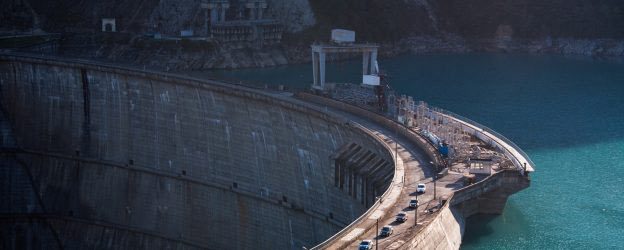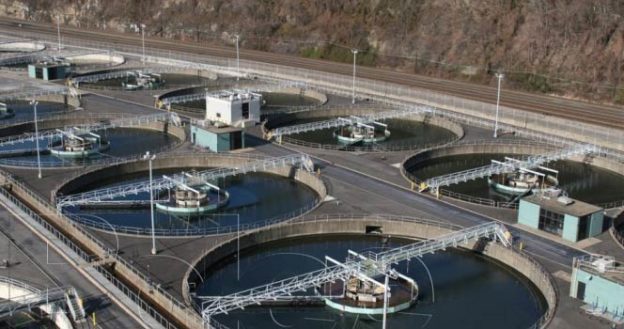CJ Water Conference’ calls for ensuring water rights in Pakistan. International Symposium on `Creating a water-secure Pakistan` has called upon the governments and institutions involved in decision-making and execution of dams to use traditional and non-traditional financing methods including inter alia direct investment, corporate finance, portfolio investment, bonds upfront tariff, crowdfunding and public-private partnership arrangements to meet the huge financial requirement for construction of water storage facilities in the country.
The communication issued by the organizers at the conclusion of the conference says: relying on the judgment of the Supreme Court of Pakistan passed in constitution petition No.57 of 2016 in which the federal and provincial government, Wapda and all executive authorities in Pakistan who are responsible or have nexus/connection with the building of the Diamer-Bhasha and Mohmand dams and all matters connected there to, were directed to take all necessary steps for the commencement of construction and early completion of these dams.
Deeply concerned that Pakistan is now facing water crises as per the national water policy of Pakistan, the country’s per capita surface water availability has declined from 5,260 cubic meters per year in 1951 to approximately 1,000 cubic meters in 2016. According to the world resources institute, says the declaration issued after water conference organized by The law & justice commission of Pakistan under the auspices of the Supreme Court of Pakistan.
Pakistan is at number 23 out of the top 33 water-stressed countries in 2040; Pakistan council of research in water resources has opined that Pakistan may run dry by 2025 if the present conditions continue.
The declaration further says as under:
Declaration
1. The potential of Pakistan’s part of the Indus basin has to be realized through priority actions that need to be taken on an immediate basis. Maintaining the integrity of the Indus basin is a serious and important responsibility of the federation as well as the provinces, including all other administrative units and above all, the people of Pakistan,
2. It is imperative for Pakistan to invest in supply augmentation (dams and reservoirs) and ensure better utilization of its groundwater, adopting appropriate (water recycling, desalinization, and water harvesting) and manage consumption and use of water (controlling water demand and pricing) and do all of this under the principles of mutual trust and benefit sharing,
3. International water law should be taken advantage of by consistently putting forward Pakistan’s perspective before various international forums and Pakistan’s strategy regarding the implementation of the Indus Water Treaty and its interpretation should be reconsidered and reviewed to bolster Pakistan’s case,
4. The government must introduce water accounting based on modernized water data collection methods to assess, amongst other things, the water availability per capita, in order to build trust amongst the provinces regarding water apportionment, particularly considering the requirement of the Indus delta and lower riparian areas in Pakistan,
5. Effective salinity and sedimentation management techniques must be adopted to protect Pakistan’s agricultural land and the storage capacity of dams and reservoirs respectively,
6. Numerous small and large dams and reservoirs must be constructed on a priority basis. Fast-track feasibility and action is required on the part of the executive,
7. Innovative solutions regarding storage facilities for low gradient plains (flat areas, coastal areas, hard rock, barani areas and desert areas) must be adopted,
8. The Indus basin irrigation network has to be extended which would bring several million acres of land under irrigation, and design water allocation right down to the district level,
9. Various traditional and non-traditional financing method including inter alia direct investment, corporate finance, portfolio investment, bonds upfront tariff, crowdfunding and public-private partnership arrangements must be employed to meet the huge requirement.









